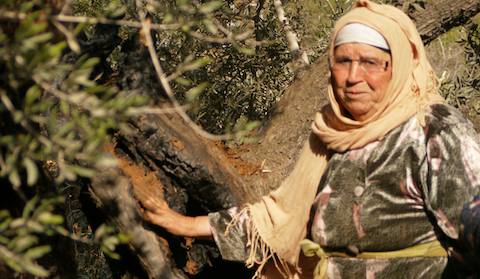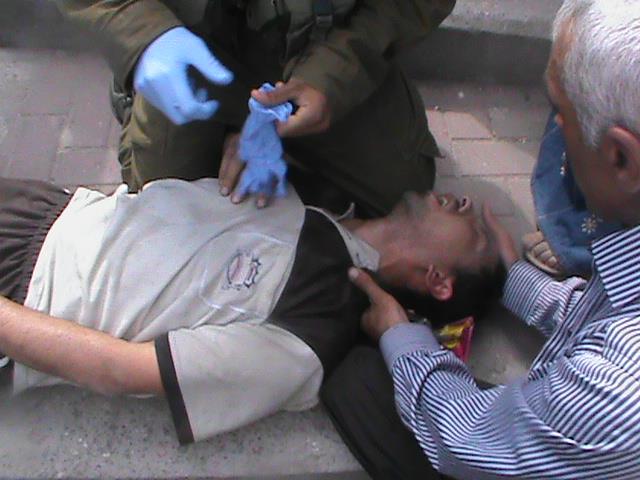Category: Press Releases
-
Arson Attack on Olive Trees in Qaryut
14 October 2012 | International Solidarity Movement, West Bank Latif Ali with one of her trees that were destroyed. Last night in the West Bank village of Qaryut, 12 Palestinian owned olive trees were irreparably destroyed in a late night arson attack by Israelis from the illegal West Bank settlement of Eli. The attack follows…
-
CALL TO ACTION — END THE JAMA’IN ROADBLOCKS – 16TH OCTOBER 2012
16TH OCTOBER 2012 – JAMA’IN VILLAGE – MORNING DEMONSTRATION CONTACT 054 881 0651 The International Solidarity Movement (ISM) calls on pro-Palestinian and peace activists from across the Occupied Territories to join Palestinians on 16th October to protest the roadblock preventing access to Jama’in Village. On this day, residents of Jama’in will remove an…
-
Settlers Attack and Injure Palestinians Harvesting Olives in Tel Rumeida
12 October 2012 | International Solidarity Movement, West Bank In two separate incidents on Wednesday 10th and Friday 12th October 2012 settlers from the illegal settlement in Tel Rumeida, Hebron stole olives from two trees belonging to Jawad Abu Eisheh and attacked his family whilst they attempted to harvest from their land. Between 2pm and…


